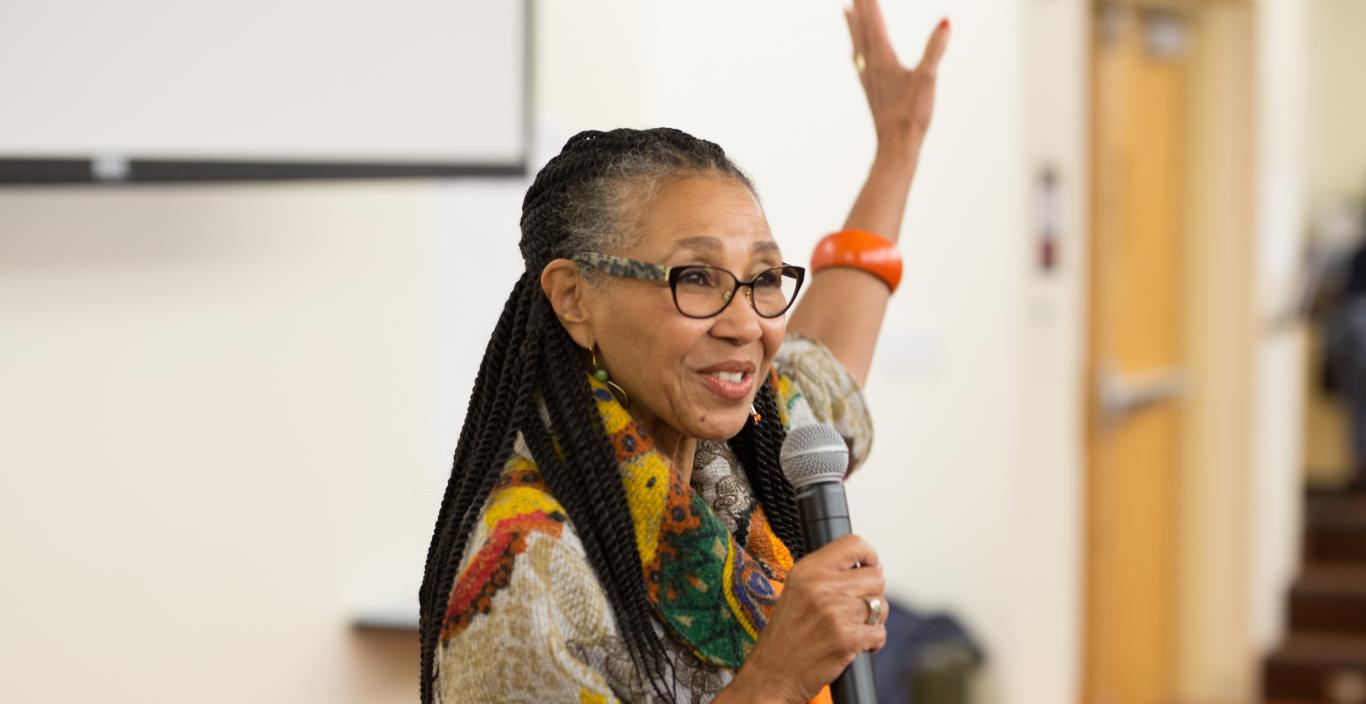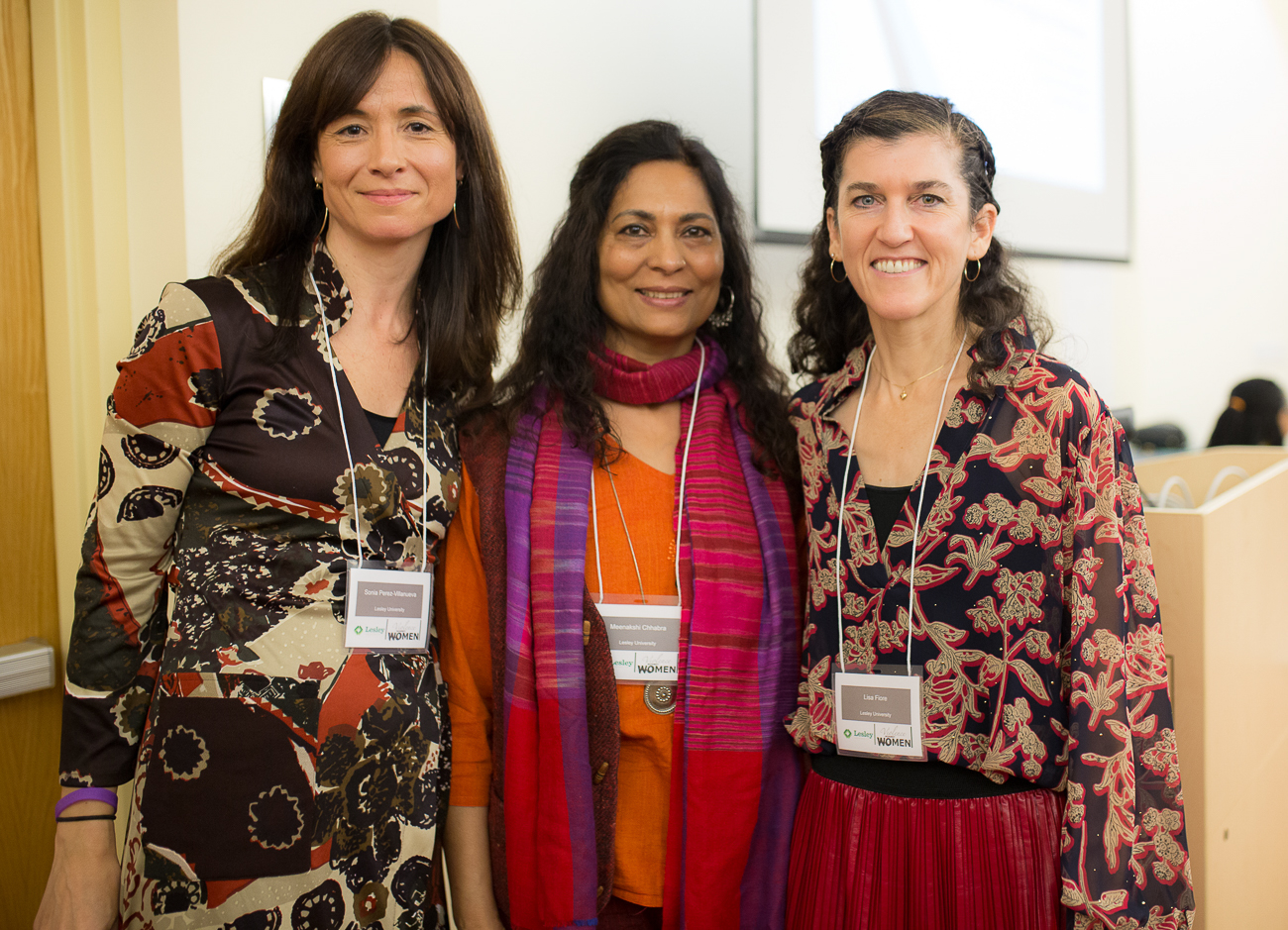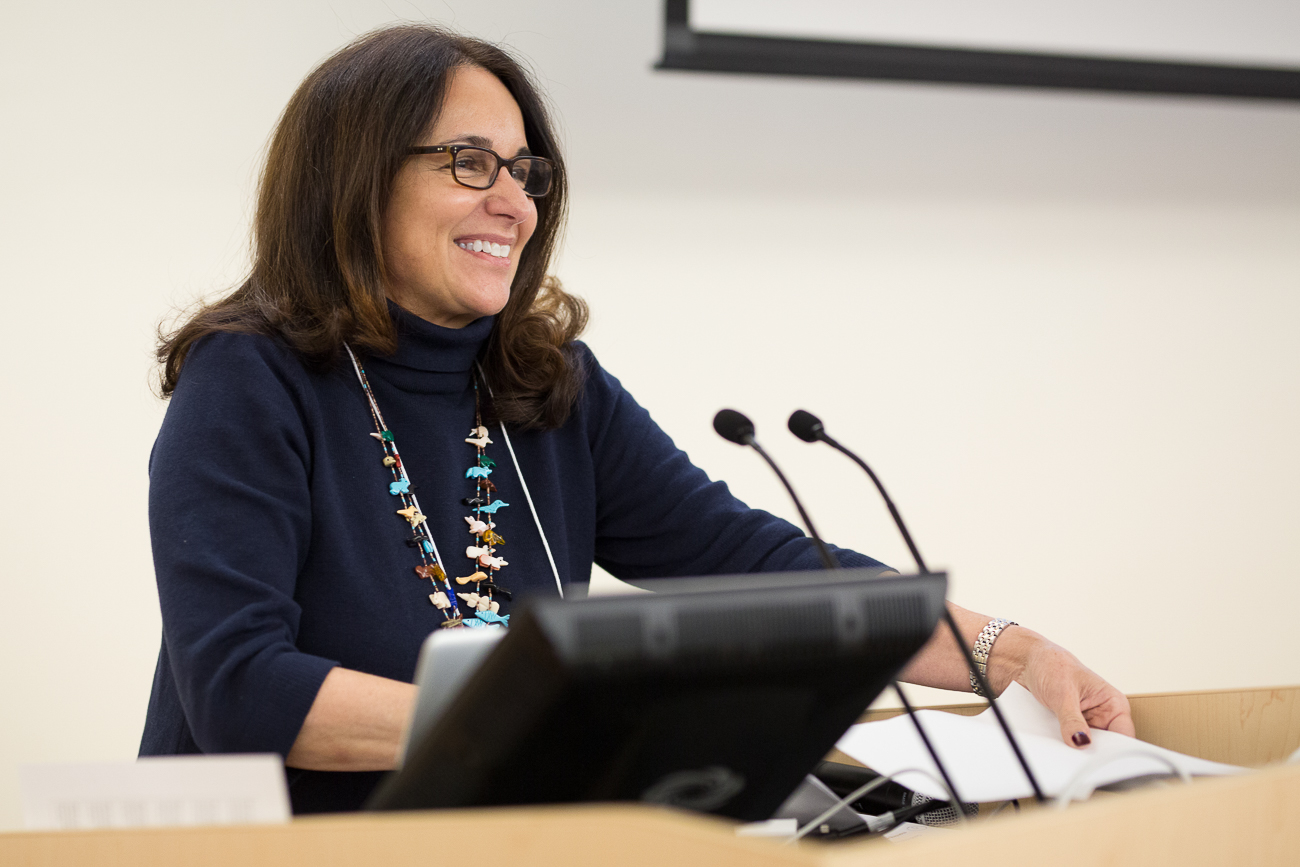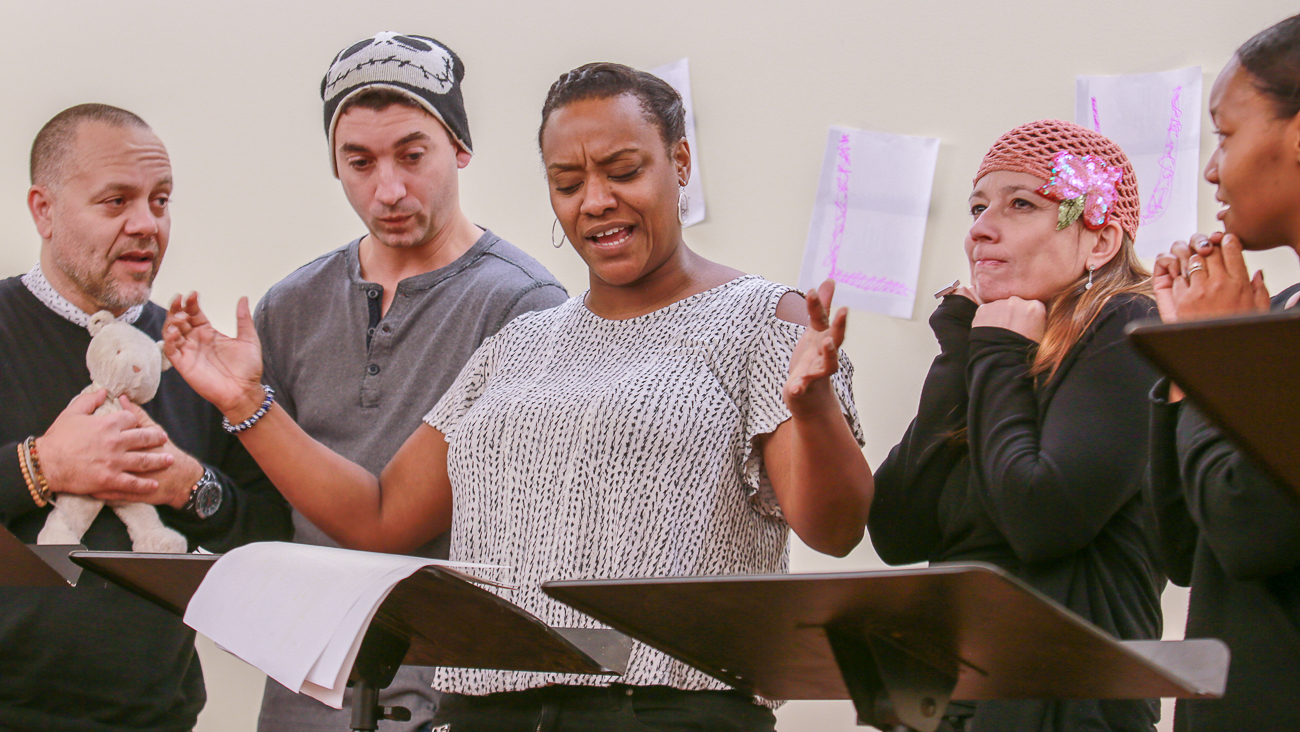Rev. Gloria White-Hammond shares the "watershed" moment that transformed her into an activist.
There was no label for sexual harassment when Dr. Claire Renzetti first became an activist, protesting the Vietnam War and fighting for civil rights as a college and graduate student in the 1970s. Even in those arenas, where men considered themselves to be quite progressive, they still held onto old gender norms.
“We noticed we were always making the signs,” Renzetti said of herself and other female activists. “We were basically the girlfriends of these men, but we were not movement leaders. They engaged in the heated political debates. We cooked for them and we cleaned for them, and we had sex with them.”
The inequality and the abuse women faced in the 1970s didn’t really have a name until women like Renzetti began to meet in their dorm rooms and living rooms. Armed with new language from books such as the “The Feminine Mystique” by Betty Friedan and “Against Our Will: Men, Women, and Rape” by Susan Brownmiller, women began to support each other, to tell their stories and to protest their victimization.
“Sisterhood was powerful and it still is,” said Renzetti, one of two keynote speakers at the conference, “Violence Against Women: Representations, Interpretations and Education,” held Nov. 9 on Porter Campus.
The event, organized by Lesley professors Meenakshi Chhabra, Lisa Fiore and Sonia Perez-Villanueva, took a multidisciplinary look at the long history of gender violence and how it plays out in our current landscape, with an accompanying art exhibition and a variety of presentations.
Renzetti, a sociologist and professor at the University of Kentucky, has fought to end violence against women since her college days as an academic and an activist. Fellow keynote speaker Rev. Gloria White-Hammond, pastor of Boston’s Bethel AME Church and a Harvard Divinity professor, however, had a “watershed” moment in 2001 that radically changed her trajectory.
Becoming a ‘warrior woman’
In 2001, White-Hammond, a Lesley honorary doctorate recipient, visited war-torn South Sudan where she expected to gather some observations to share back home. When she realized that women and children were being enslaved and sexually abused, “something clicked for me,” she said. “I had lived most of my life inside the box. I had not seen myself as an advocate.”
Returning to the U.S., White-Hammond felt God had prepared her to take on a new role. Soon, she shakily organized her first protest.
“I decided, I’m a warrior woman, and I ain’t scared of nobody,” White-Hammond recalled.
From there, she co-founded My Sister’s Keeper, an organization to empower women worldwide, and traveled the world advocating for protection of women and helped build schools. Ten years later, she took on a fresh challenge, fighting sexual abuse at home, specifically in the Christian church.
“I want to make sure our teaching and preaching doesn’t reinforce rape culture,” said the reverend. The message to her congregation is, “We will have victory when it’s not just #MeToo and it’s #WeToo — when we all take ownership of this issue.”
White-Hammond founded Shatter the Silence to address the issue, particularly among African American congregations.
The power of one
Both White-Hammond and Renzetti emphasized the grassroots nature of their work.
“This is a problem that we can do something about, and we will do something about,” said White-Hammond.
Small acts, such as refusing to laugh at a sexist joke, enact change. “One person, one connection makes a difference. Then it spirals outwards,” Renzetti said.
The time is ripe for activism, they said, but the strength of community can’t be overlooked.
“Our individual and collective acts of resistance are all the more important in the current environment,” said Renzetti. “Resist, please, but at the same time nurture resilience in one another as well. The sisterhood is still mighty powerful.”



